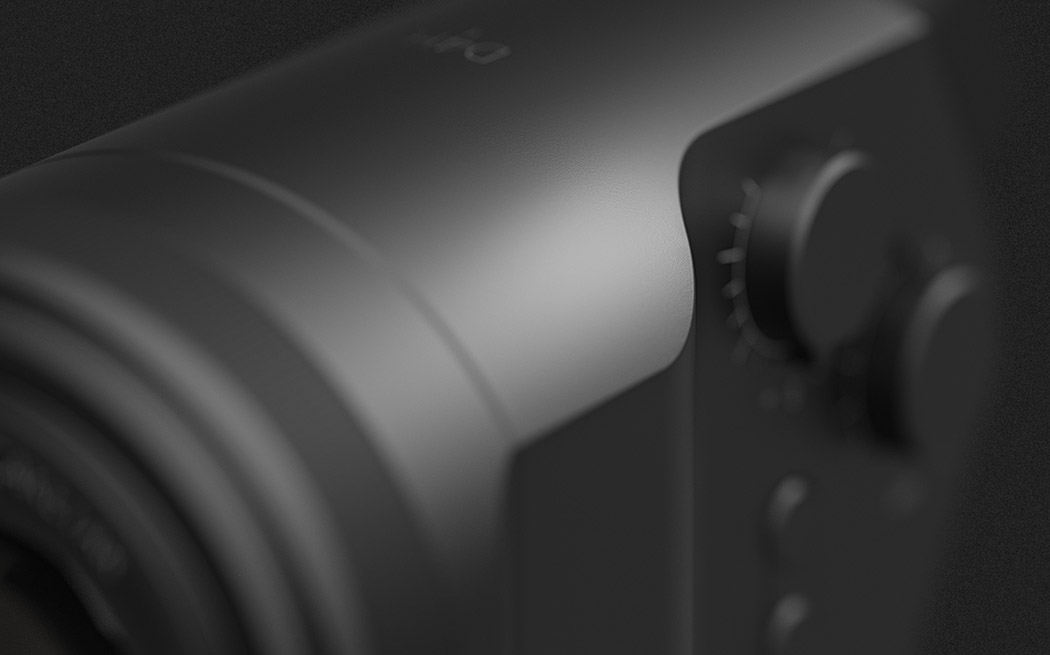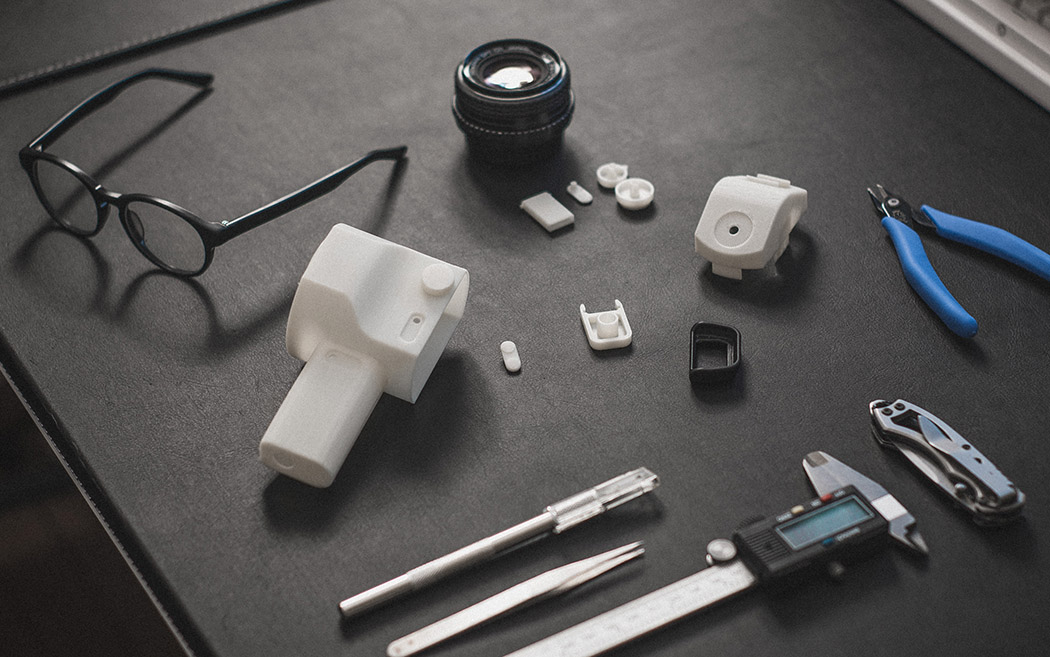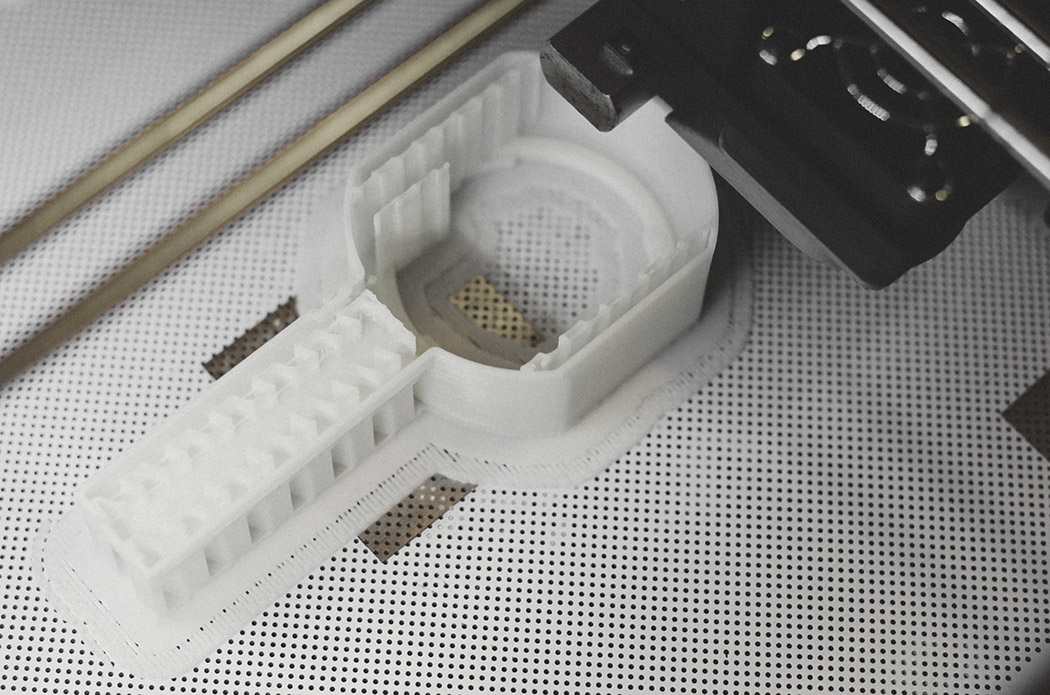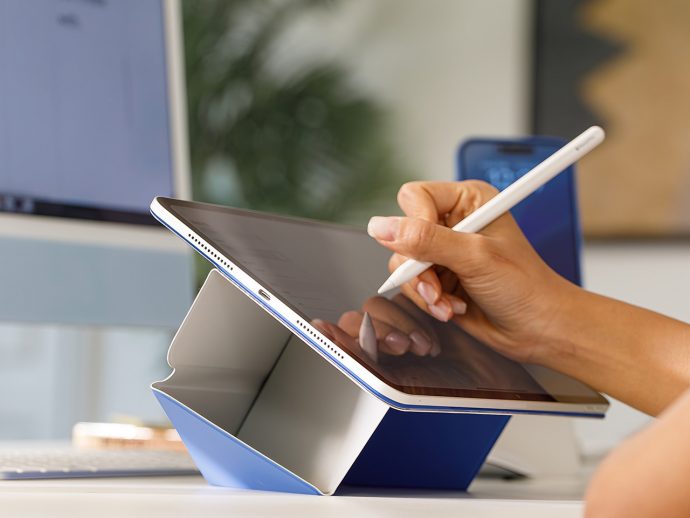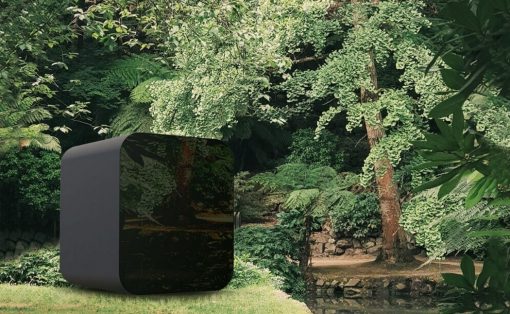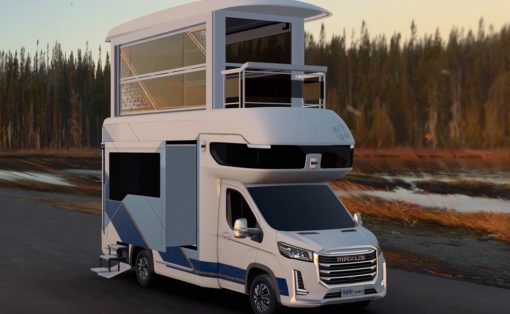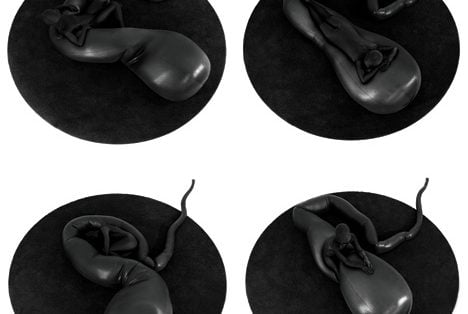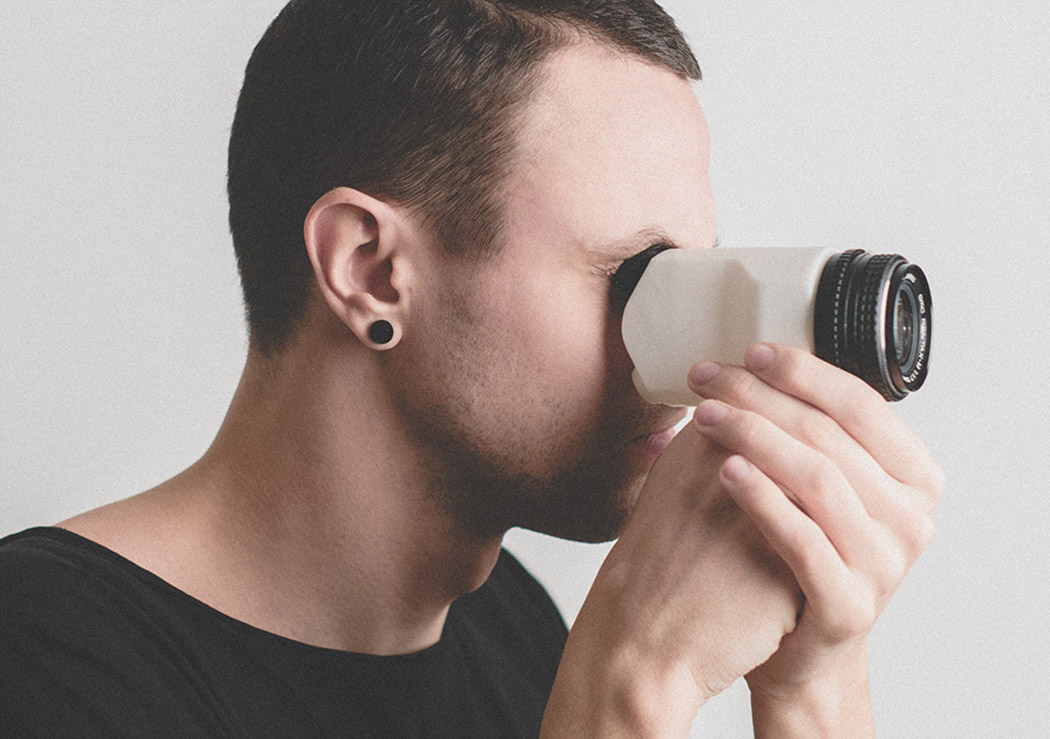
In the past, a camera’s shape was symbolic of the medium it recorded to. For example, 35mm film cameras were rectangular in shape in order to house the two winders and a flat plane for the film frames. With the onset of digital photography, this is no longer the case as they only need to fit a sensor. Still, camera designs seem stuck in the past!
In designing the D4H mirrorless camera, Mindaugas Petrikas changes our perception of what a camera should look and feel like. Designed with ergonomics in mind, he looked to the 8mm cine cameras where the quality of the picture was directly linked to the steadiness of the hand. The same design language is applied to the D4H with its vertical grip and strong contact points. Despite being handheld in this manner, it’s still incredibly compact. With its thoughtfully placed search, viewfinder and buttons, users can even operate it with one hand. Better yet, these same buttons are intelligently designed to adapt to user’s actions. Click the main control dial to turn the camera on. Then, turn the dial to either select the shooting mode, adjust the aperture, shutter speed or ISO. Reduced to the essentials, you won’t find a big screen. Instead, you can review your captures directly through the viewfinder which sports a high-res display.
Designer: Mindaugas Petrikas
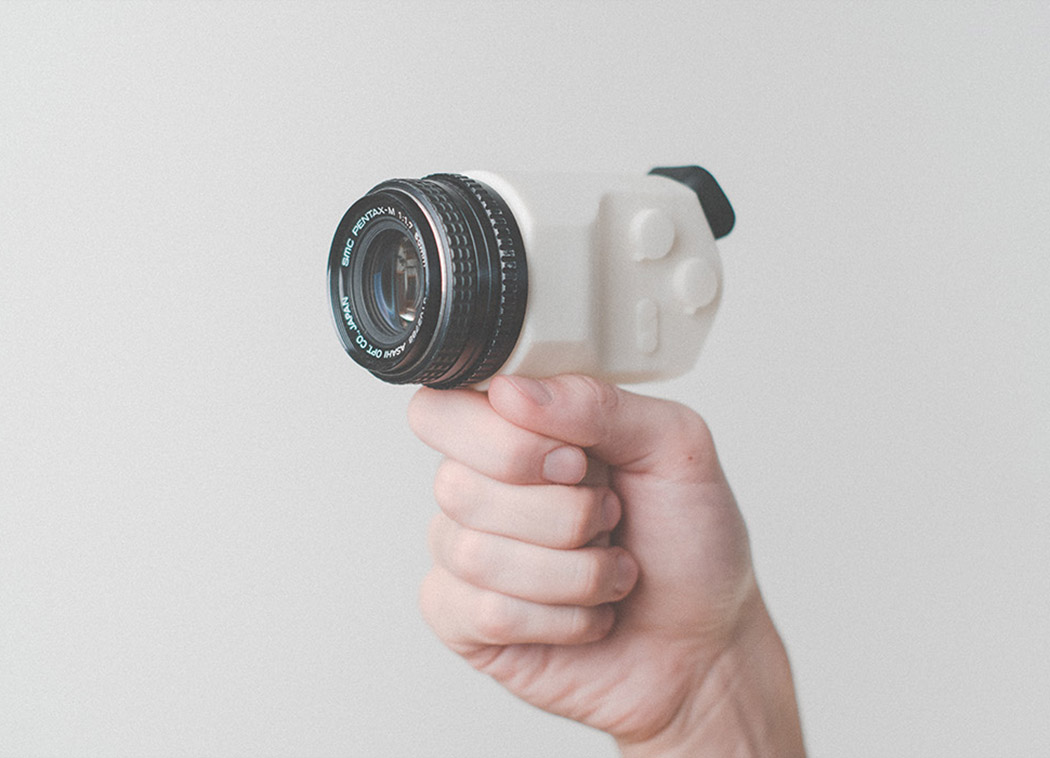
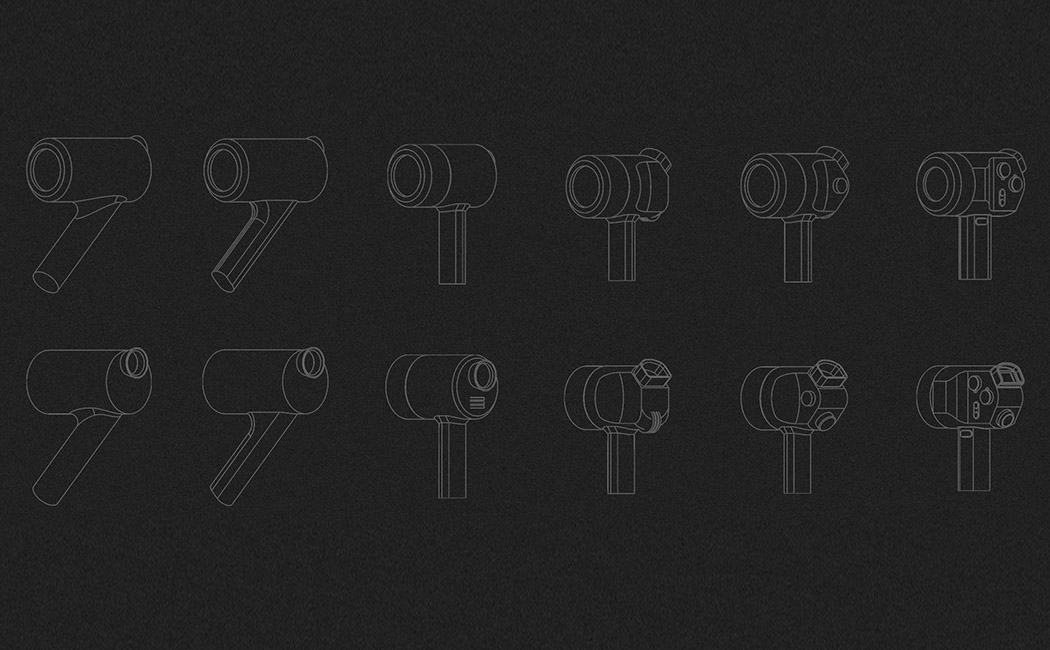
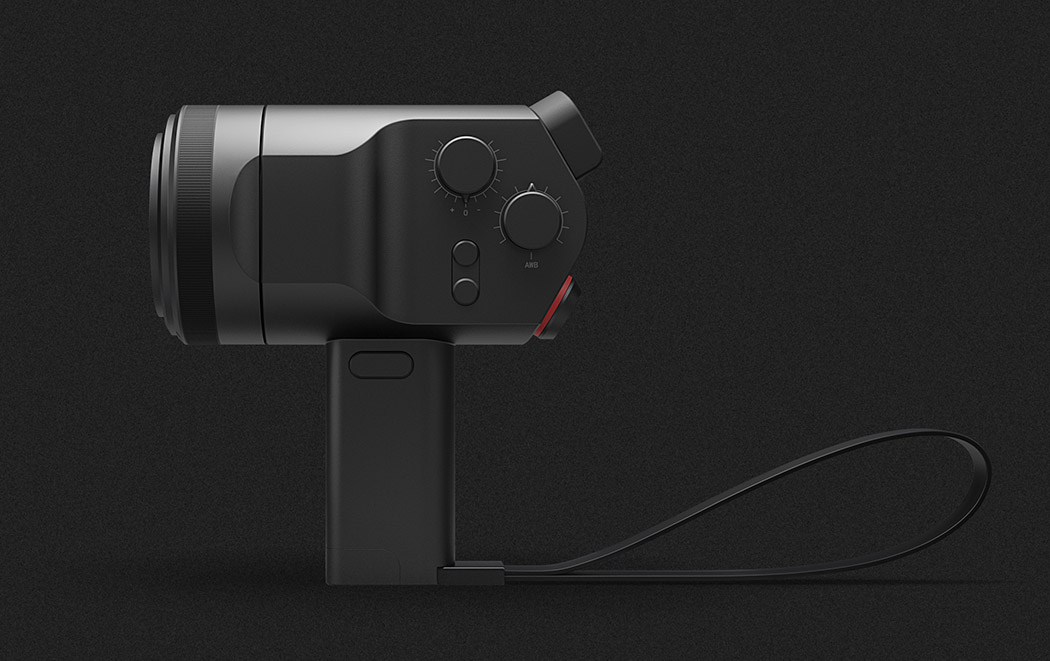
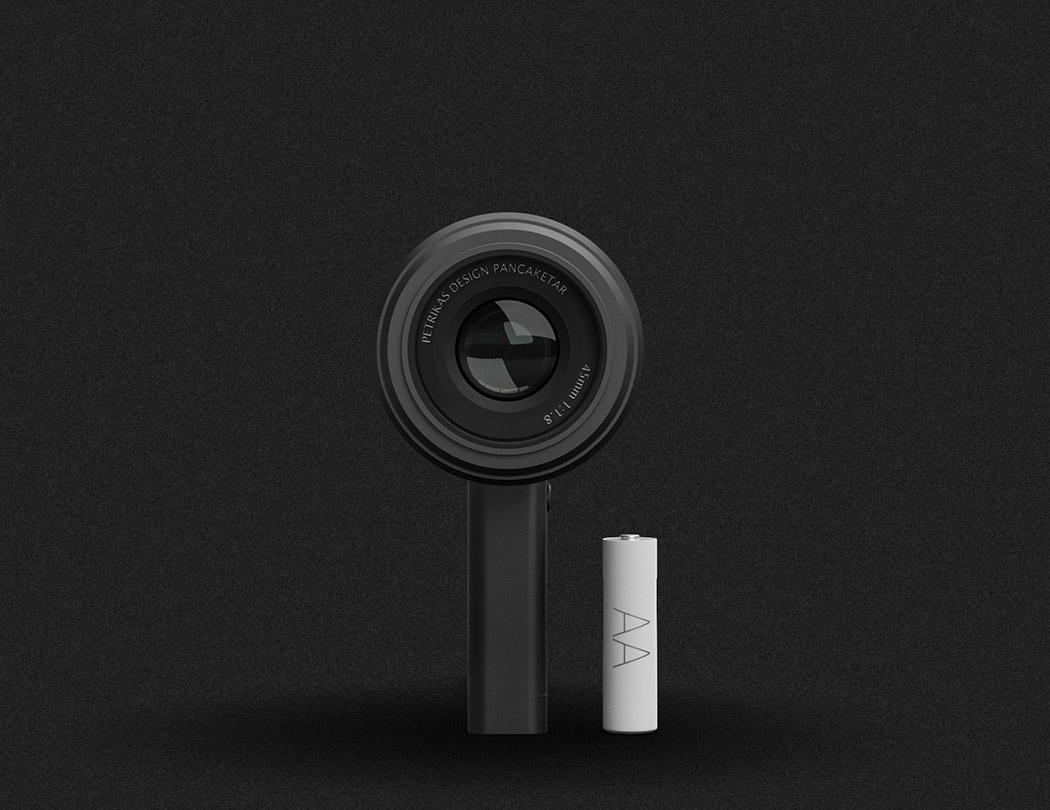
Clunky DSLRs are going to be a thing of the past. Getting rid of the mirror, the penta-mirror, and the screen reduces that camera’s size to something that is slightly bigger than a point-and-shoot.
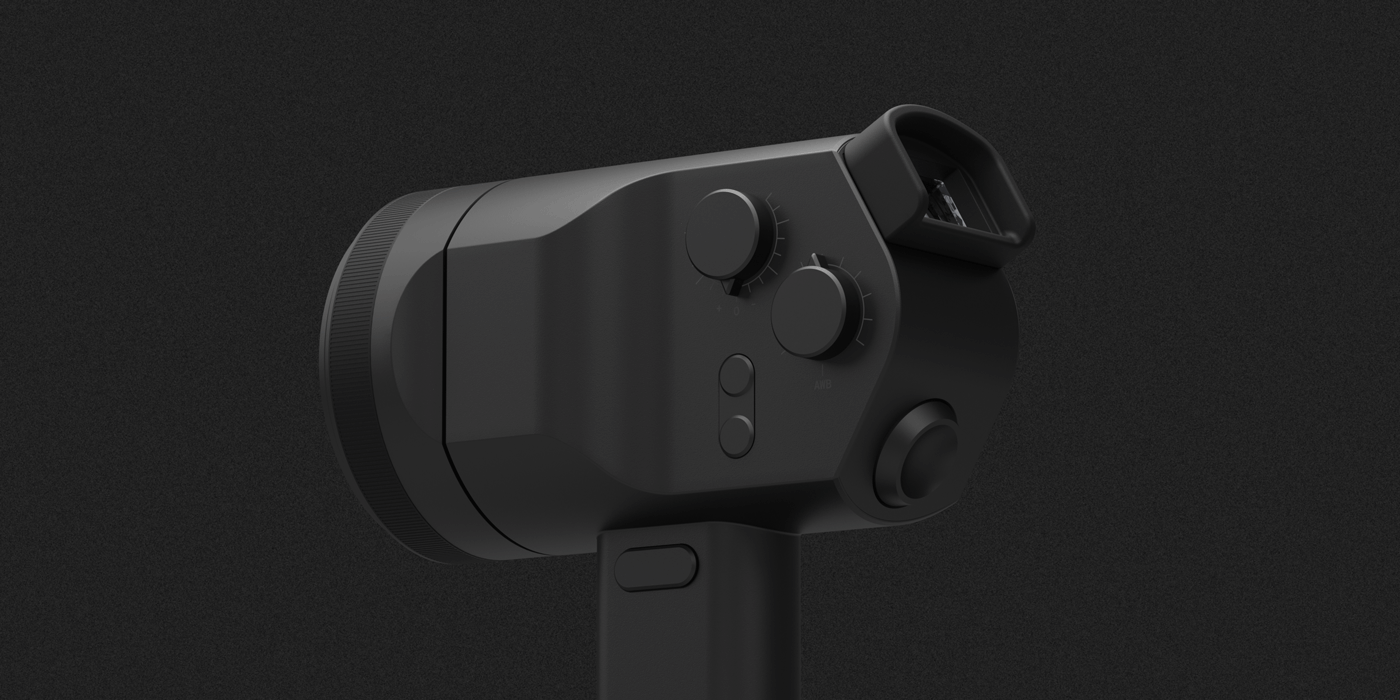
Multi-functional buttons. Intelligently designed buttons that adapt to users actions. Click the main control dial to turn the camera on. The camera state is also indicated by the red colour on the dial – it is much easier to see if the device is off or on. Turn the dial to either select the shooting mode, adjust the aperture, shutter speed or ISO. Its function depends on combinations of buttons pressed as well user settings in the system
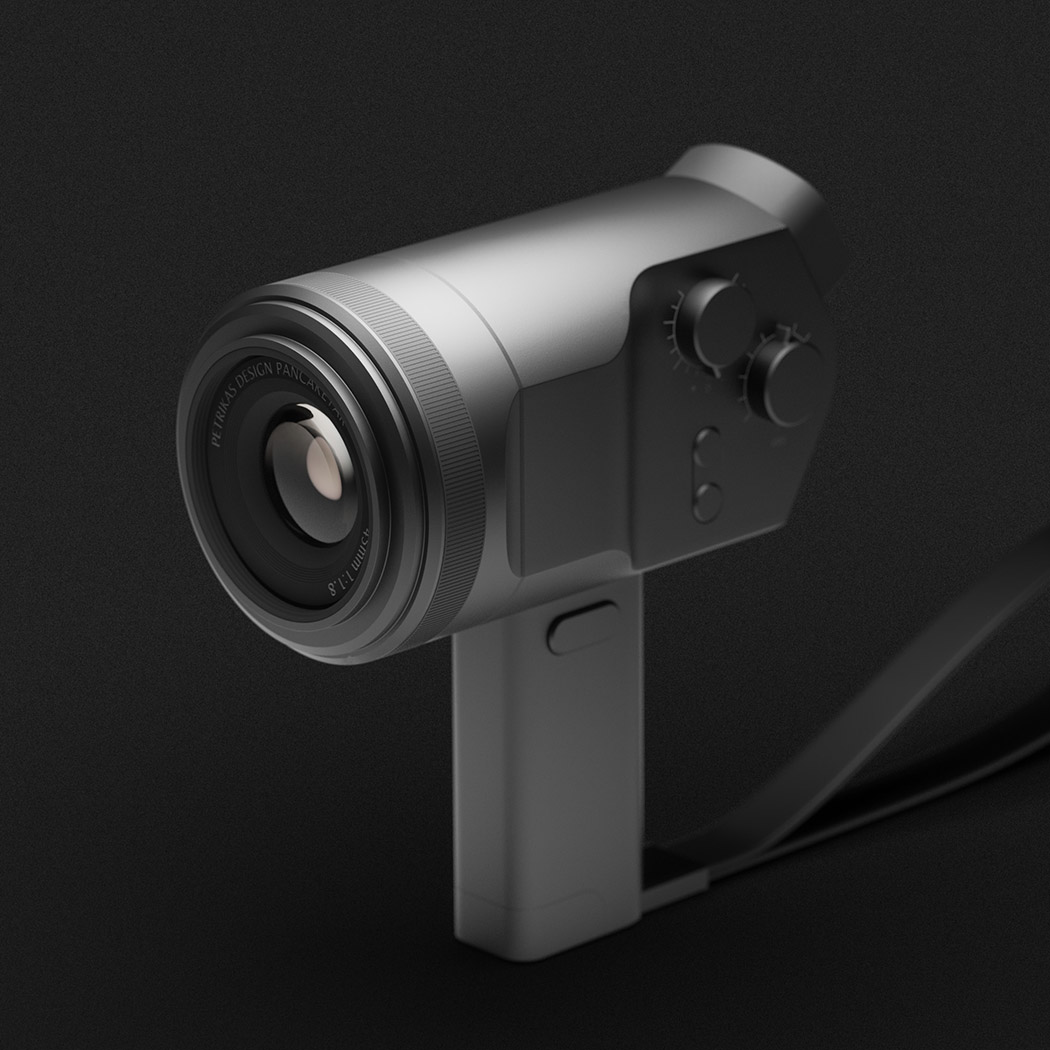
No screen. Just the view finder. Say no to chimping. You can review your capture through the view finder, which is a high-resolution display, hidden away from all the external lighting.
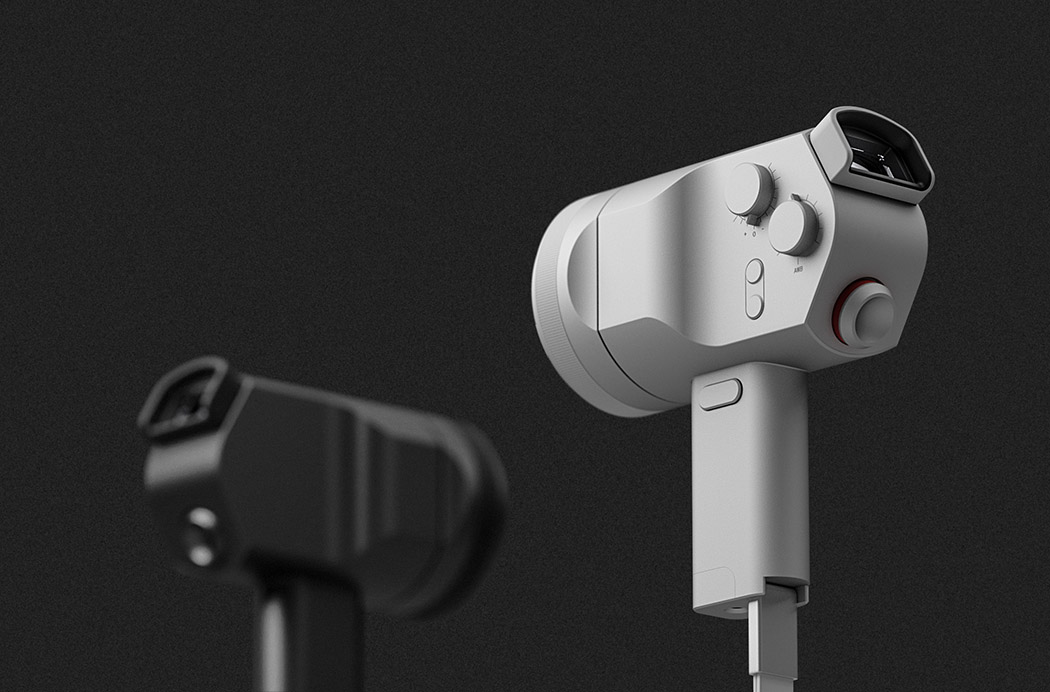
Photography is a visual art. Hence it is crucial that the photographers find their cameras visually appealing. A camera should make you want to hold it. A camera should invite you to go on an adventure.
